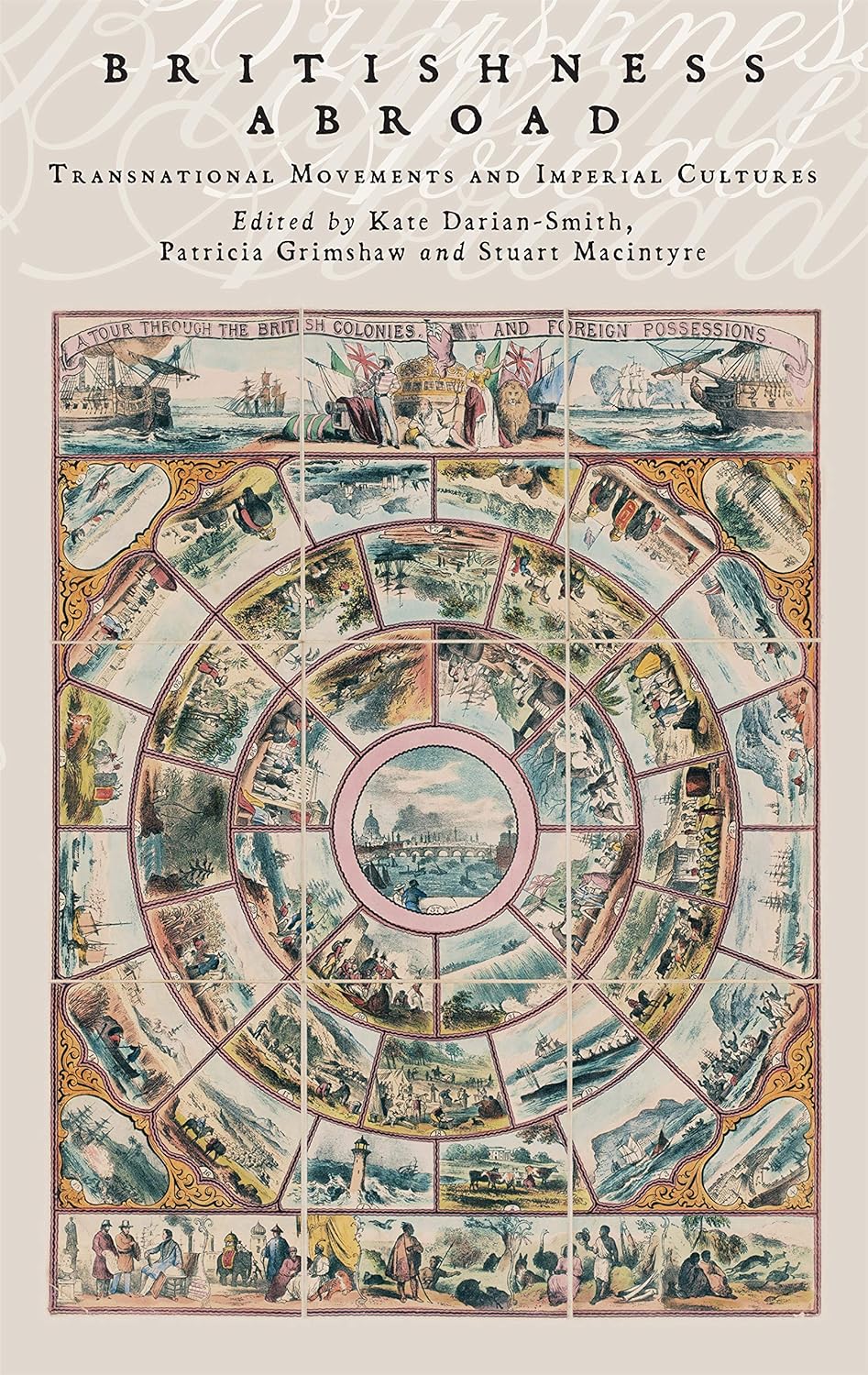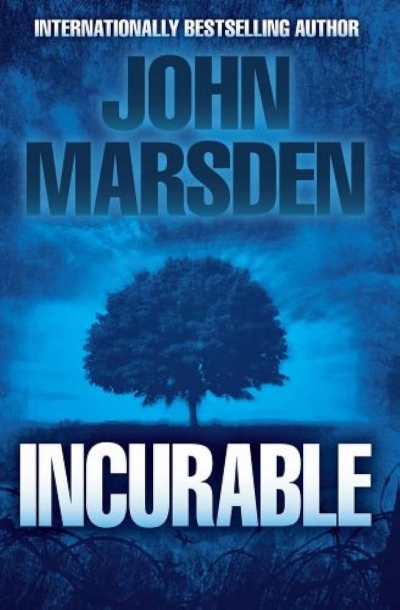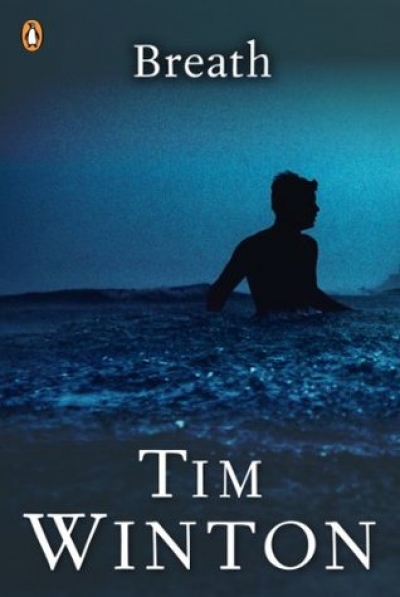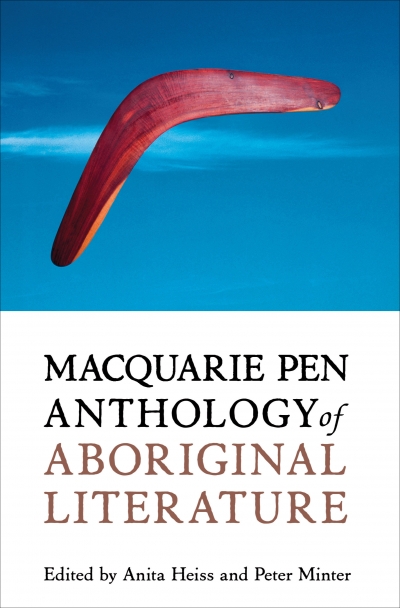Archive
Britishness Abroad: Transnational Movements and Imperial Cultures edited by Kate Darian-Smith, Patricia Grimshaw and Stuart Macintyre
by Gillian Dooley •
Encyclopedia of Exploration 1850–1940 by Raymond John Howgego & Australia in Maps by Maura O’Connor et al.
by Ian Morrison •
Eclogues: Newcastle Poetry Prize Anthology 2007 edited by Martin Harrison, John Jenkins and Jan Owen
by Andrew Burns •
This splash of books demonstrates that the vigorous publishing for the young adult market embraces subjects as varied as mental illness, bullying, sleuthing in medieval times, crime in the present, defending an occupied Australia and two dead mothers; and is written across the genres of realism, fantasy and historical fiction. But how much is enticing to the adolescent reader?
... (read more)Unstill Life by Judith Pugh & Self-Portrait of the Artist’s Wife by Irena Sibley
by Vivien Gaston •
Macquarie PEN anthology of Aboriginal literature edited by Anita Heiss and Peter Minter
by Jaya Savige •









